There was never any doubt about the vitality of Dhaka. The four hundred years have therefore seen its continuous life, intermittent growth and inevitable changes. The social forces which contributed noticeably towards the growth of Dhaka and its immediate neighborhood were in fact urbanizing a much larger territory. The process is still in operation. Notwithstanding the age-old multidirectional riverine connection between Dhaka and neighboring districts, the development of road communication in the post-independent period served as a direct incentive to move towards Dhaka. It did not draw people from its surrounding rural areas simply by offering a better quality of life. The newcomers in the city found poverty as severe and dehumanizing as in the villages. There was a persistent belief that the capital city Dhaka offered relatively quick opportunity of quick and cash income through placement in urban economy as handymen or casual workers in the trade, transport, manufacturing, conservancy or domestic sectors. Of course, admission into such jobs was mostly restricted to immigrants having good references from those already in employment where kinship, cast, and regional, local or religious affiliations operated in a highly discriminatory fashion. Hence, there is concentration of people from specific regions in a particular institution or profession in a highly preferential fashion.
ABOUT THE AUTHOR Enamul Haque
Professor Enamul Haque had his M.A. in History (Archaeology Group) from Dhaka (1960), Diploma in Museology from London (1964) and Doctorate in South Asian Art from Oxford (1973). For three decades since 1962 he served the Dhaka Museum and rose to be the Founder Director General of the Bangladesh National Museum, developing it to be the largest Museum in the Third World. He was for a year (1990) Secretary-in-charge of the Ministry of Culture of Bangladesh. He also taught Art History, Museology and National Heritage in the universities of Dhaka and Jahangirnagar, Bangladesh University of Engineering & Technology, and the Independent University at Dhaka. An organizer of exceptional ability, he is the Founder Chairman (since 1995) and Academic Director of The International Centre for Study of Bengal Art (ICSBA) at Dhaka, convened four International Congresses on Bengal Art (1976, 1997, 1999 and 2001) and edits the Journal of Bengal Art. He was honoured by the Asiatic Society of Calcutta with the award of the Rama Prasad Chanda Birth Centenary Medal (1993) for his "conspicuous contribution in art and archaeology of Bengal". Earlier, the Asia Society of New York honoured him by electing as their Honorary International Councilor (1986-92). He served as the President of the International Council of Museum (ICOM) Asia Pacific Organization (1983-86). Among his publications, notables are Islamic Art Heritage of Bangladesh (1983) and Bengal Sculptures: Hindu Iconography (1992), the latter being a quantitative assessment of nearly two thousand sculptures now preserved in different parts of the world.

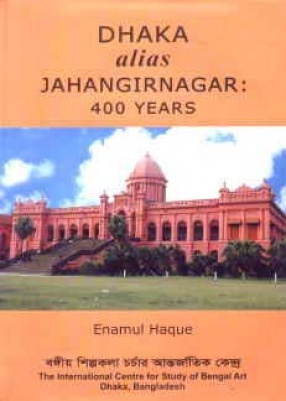
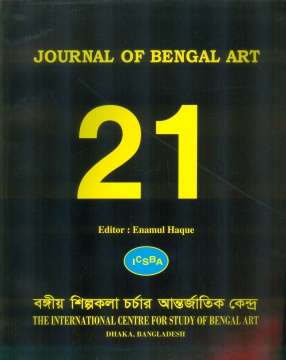
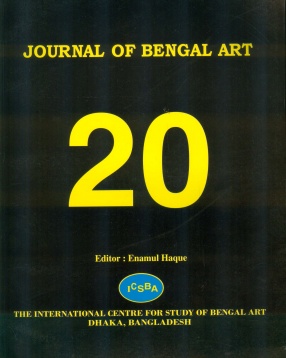
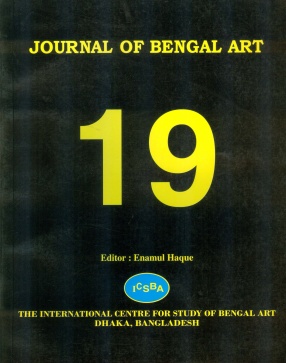
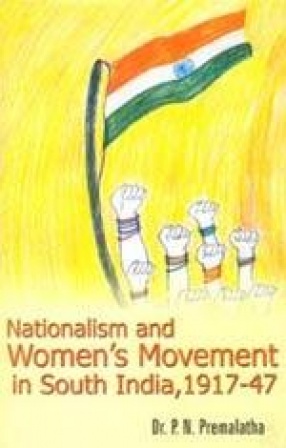

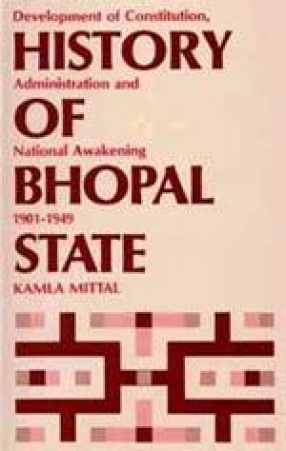
There are no reviews yet.